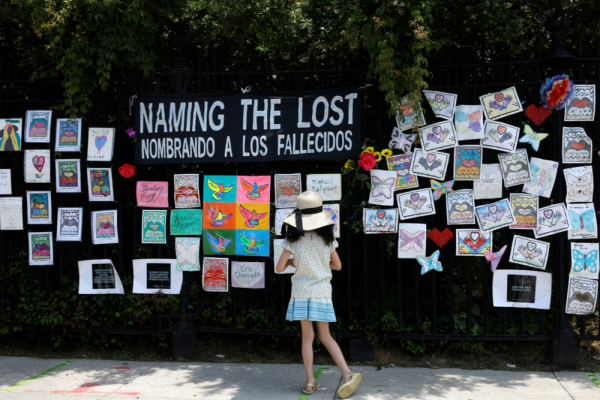Jul 22, 2021
According to a new report, 1.5 million children lost at least one primary caregiver to COVID-19 by the end of April 2021.
Children: The Hidden Pandemic 2021 — a joint report by the Centers for Disease Control and Prevention, the United States Agency for International Development, and World Without Orphans, in conjunction with other global child welfare experts — stated that, without immediate action, “the COVID-19 pandemic is destined to leave millions more children orphaned.”
Read the Full Article

Already a subscriber? Login
